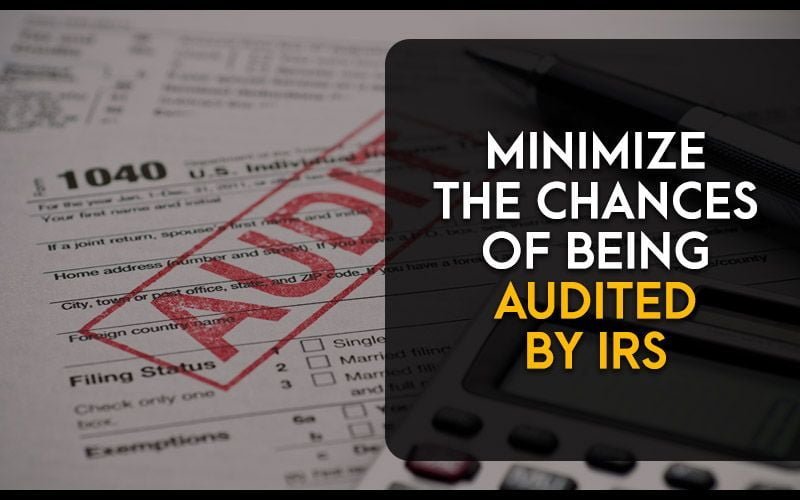Payroll processing is an essential task for any business that employs staff. It involves calculating and distributing employee salaries, withholding taxes, and ensuring compliance with various legal requirements. However, mistakes in payroll processing can lead to financial penalties, disgruntled employees, and even legal issues. In this article, we will discuss common payroll mistakes and provide tips on how to avoid them.
Importance of Accurate Payroll Processing
Accurate payroll processing is crucial for several reasons. Firstly, it ensures that employees are paid correctly and on time, promoting employee satisfaction and morale. Secondly, accurate payroll helps businesses comply with tax laws and regulations, avoiding potential penalties from tax authorities. Additionally, proper payroll processing establishes trust between employers and employees, fostering a positive work environment.
Common Payroll Mistakes
Mistake 1: Misclassifying Employees
Misclassifying employees is a common error that can have significant consequences. Employees are classified as either exempt or non-exempt, depending on their eligibility for overtime pay. Misclassifying an employee as exempt when they should be non-exempt can result in unpaid overtime and legal liabilities. It is essential to understand the criteria for employee classification and consult legal experts if needed.
Mistake 2: Incorrect Calculation of Overtime
Calculating overtime incorrectly can lead to underpayment or overpayment of employees. Overtime wages are typically 1.5 times an employee’s regular hourly rate for hours worked beyond the standard 40 hours per week. Errors in calculating overtime can result in compliance issues, wage disputes, and potential lawsuits. Businesses should ensure they have a robust system in place for accurately tracking and calculating overtime.
Mistake 3: Failing to Keep Accurate Records
Accurate recordkeeping is vital for payroll processing. Failing to maintain detailed records of employee hours, wages, and tax withholdings can lead to discrepancies and difficulties in the event of an audit or employee dispute. It is crucial to implement an organized recordkeeping system, whether through manual documentation or digital payroll software, to ensure accuracy and ease of access.
Mistake 4: Late or Inaccurate Payroll Tax Filings
Timely and accurate payroll tax filings are crucial for compliance with tax laws. Missing deadlines or providing incorrect information on payroll tax returns can result in penalties and interest charges. Businesses should stay updated on tax regulations, maintain a calendar of filing deadlines, and ensure proper documentation and reporting of payroll taxes.
Mistake 5: Ignoring Compliance Requirements
Payroll processing involves various compliance requirements, such as minimum wage laws, tax withholding regulations, and employee benefits. Ignoring or neglecting these requirements can lead to legal issues and financial consequences. It is essential to stay informed about applicable laws and regulations, consult with legal professionals if necessary, and regularly review and update payroll processes to remain compliant.
How to Avoid Payroll Mistakes
Tip 1: Classify Employees Correctly
Ensure that you accurately classify employees as exempt or non-exempt based on their job duties and applicable labor laws. Consult legal experts or human resources professionals to determine the correct classification for each employee.
Tip 2: Calculate Overtime Properly
Implement a reliable system for tracking employee work hours and calculate overtime wages accurately. Utilize payroll software or time-tracking tools to automate the process and minimize errors.
Tip 3: Maintain Accurate Records
Establish a systematic recordkeeping process to track employee hours, wages, tax withholdings, and other relevant payroll information. Store records securely and make sure they are easily accessible for auditing purposes.
Tip 4: Stay Updated on Payroll Tax Laws
Regularly review and update your knowledge of payroll tax laws and regulations. Subscribe to reliable sources of information, attend seminars or webinars, and consult with tax professionals to ensure compliance with changing tax requirements.
Tip 5: Seek Professional Assistance
Consider outsourcing your payroll processing to a reputable payroll service provider or hiring an experienced payroll professional. Professional assistance can help streamline your payroll processes, minimize mistakes, and ensure compliance with payroll regulations.
Conclusion
Accurate payroll processing is vital for any business to avoid financial penalties, maintain employee satisfaction, and comply with legal requirements. By understanding common payroll mistakes and implementing the tips mentioned in this article, businesses can mitigate risks, improve efficiency, and foster a healthy work environment.
FAQs (Frequently Asked Questions)
What Are The Consequences Of Misclassifying Employees?Misclassifying employees can result in unpaid overtime, wage disputes, and legal liabilities. Employers may be required to pay back wages, penalties, and potentially face lawsuits from affected employees.
How Can I Ensure Accurate Calculation Of Overtime?To ensure accurate calculation of overtime, implement a reliable system for tracking employee work hours, utilize payroll software or time-tracking tools, and train staff on proper recording procedures.
Why Is Recordkeeping Important For Payroll Processing?Accurate recordkeeping allows businesses to maintain transparency, resolve employee disputes, and comply with audit requirements. It also helps in tracking employee attendance, wages, and tax withholdings.
What Are The Penalties For Late Payroll Tax Filings?Penalties for late payroll tax filings vary depending on the jurisdiction and the duration of the delay. They can range from monetary fines to interest charges on unpaid taxes.
When Should I Consider Outsourcing My Payroll?Outsourcing payroll can be beneficial for businesses of all sizes, especially if they lack the resources or expertise to manage payroll processes internally. Consider outsourcing when payroll tasks become time-consuming or complex, or when you want to ensure compliance and accuracy in payroll processing.
How Can I Avoid Errors In Employee Tax Withholdings?To avoid errors in employee tax withholdings, ensure that you have accurate and up-to-date employee tax forms, such as Form W-4. Regularly review and update employee information to reflect any changes in tax status or allowances. Consider using payroll software that automates tax calculations based on the provided information.
What Are Some Common Payroll Compliance Requirements For Businesses?Common payroll compliance requirements include minimum wage laws, overtime regulations, tax withholding and reporting obligations, employment eligibility verification (Form I-9), and providing necessary employee benefits as per local laws. Familiarize yourself with applicable regulations and consult legal professionals for guidance.
What Are The Potential Consequences Of Payroll Mistakes For A Business?Payroll mistakes can lead to financial penalties, legal disputes, damaged employee relations, and negative impacts on business reputation. Additionally, incorrect payroll records can affect tax filings and potentially trigger audits from tax authorities. It is crucial to prioritize accurate payroll processing to avoid these consequences.
Is It Advisable To Use Payroll Software For Processing Payroll?Using payroll software can greatly streamline and automate payroll processes, reducing the risk of errors. Payroll software can calculate wages, deductions, and taxes accurately, generate pay stubs, and facilitate compliance with legal requirements. However, it is essential to choose reliable and reputable software that aligns with your business’s needs.
How Often Should I Review My Payroll Processes And Policies?Regularly reviewing your payroll processes and policies is recommended to ensure they remain accurate, up to date, and compliant with changing laws and regulations. Set aside time at least once a year to evaluate your payroll procedures, make any necessary updates, and provide training to relevant staff members.
Remember, it’s important to consult with professionals or experts for specific guidance tailored to your business’s unique circumstances and jurisdiction





